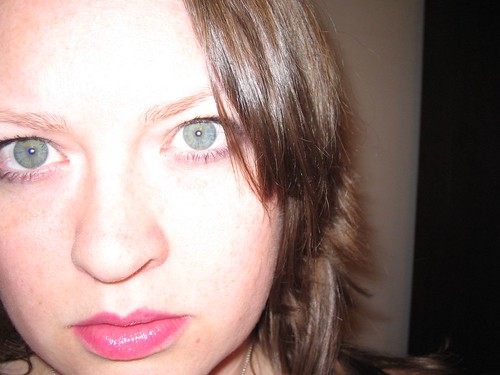
World Without End, by Ken Follett (2007)
It's been a while since I felt like posting about my reading list. This one's from way back in May. I was vacationing on the Oregon coast with my family, and my dad brought this along in his stack of books. I snatched it up for myself and binge-read the entire thing.
It's a sequel to Follett's The Pillars of the Earth, which I remember really enjoying. I don't read a lot of historical fiction, but that one was interesting. My dad seems to like sweeping, epic stories, and whenever he's recommended something to me, I've liked it. He's the one who gave me Michener's Hawaii when I was in middle school (I loved it).
Anyway, this installment of the story picks up about 200 years after the cathedral was finished and centers on a young mason's apprentice and his romantic interest, the daughter of a wool merchant. I'm not going to pretend to be expert in the culture and history of the middle ages in Europe, but the characters didn't ring true. Caris, the female protagonist, was a very modern feminist and I couldn't help being annoyed by the obvious anacronistic behavior she displayed. Also, the story was a bit of a retread from the first book. Still, I liked it well enough to read all 1024 pages of it.





